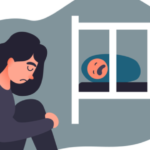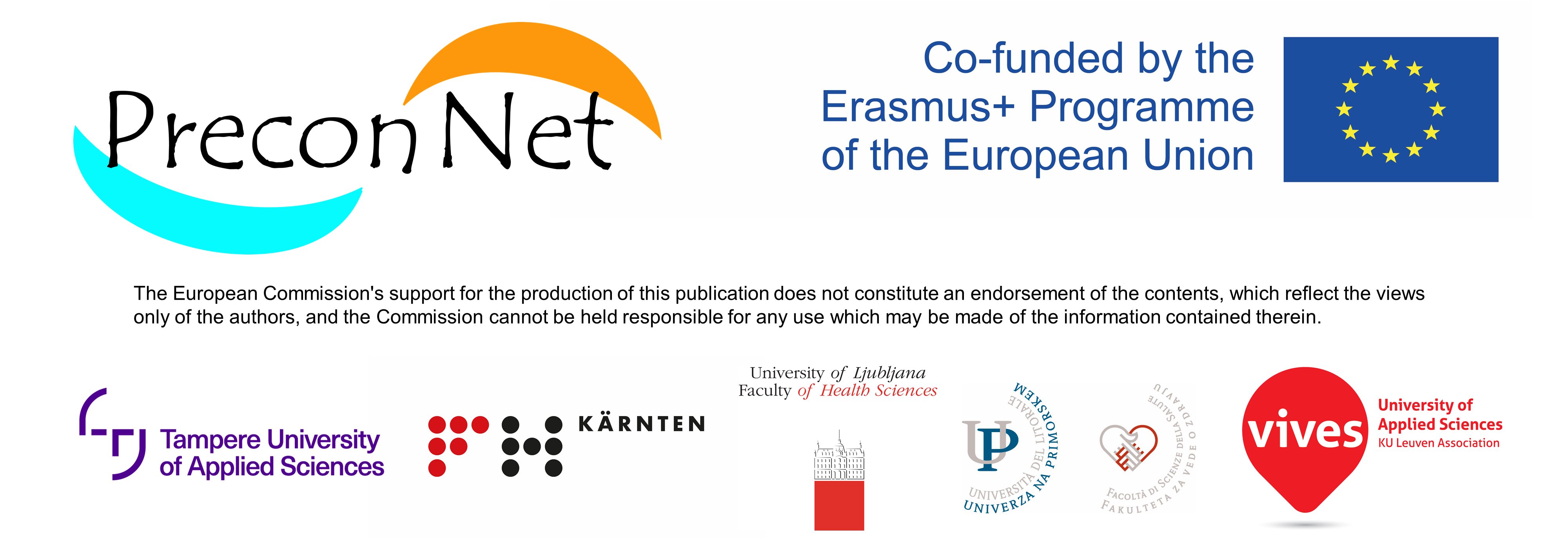Preconception health addresses mental health: pregnancy and anxiety
Preconception health and care programs tend to improve the outcome of pregnancy through promoting health. Health is a general term and encompasses both mental and physical unites of the body. To optimize the outcome of the pregnancy, mental health should be considered as important as physical health.
Pregnancy is a happy event, but it can cause worries for some women. However, if a mother-to-be has constant or increasing worries, it can be due to anxiety. Anxiety is more than feeling worries. It is an unpleasant emotion inducing uneasiness and restlessness. It affects the whole body and causes both physical and mental symptoms. Common physical symptoms of anxiety include increased heart beats, rapid breathing, nausea, fatigue, stomach pain, digestive problems, restlessness, sleeplessness etc. Mental symptoms of anxiety can be feeling alone, frightened, disconnected, sadness, not enjoying activities, disability to concentrate, etc. Anxiety is the result of the activation of the sympathetic nervous system for inducing the fight or flight mode. The fight or flight mode is a natural reaction to a stressful condition or a received danger. When facing a dangerous situation, the hypothalamus releases CRH (corticotrophin releasing hormone) to activate the pituitary gland to produce ACTH (Adrenocorticotropic Hormone). The adrenal gland responds to ACTH in the bloodstream and produces cortisol and adrenalin. Cortisol and adrenalin are known as stress hormones. Normal levels of stress hormones cannot pass through the placenta and affect the fetus. However, increasing levels of stress hormones can alter the function of the placenta and expose the fetus to these hormones. Stress hormones can affect fetal growth and development and cause adverse fetal, neonatal and childhood outcomes. In addition, maternal health can be affected by anxiety if it causes eating disorders, insomnia, risky or dysfunctional behaviors etc.
Anxiety can be controlled by professional help. It is advisable to consult a psychologist if there is any concern about mental health before getting pregnant.
Nava Rezaeinamini BSc in Midwifery
Junior Researcher in Carinthia University of Applied Sciences

 Previous Post
Previous Post



